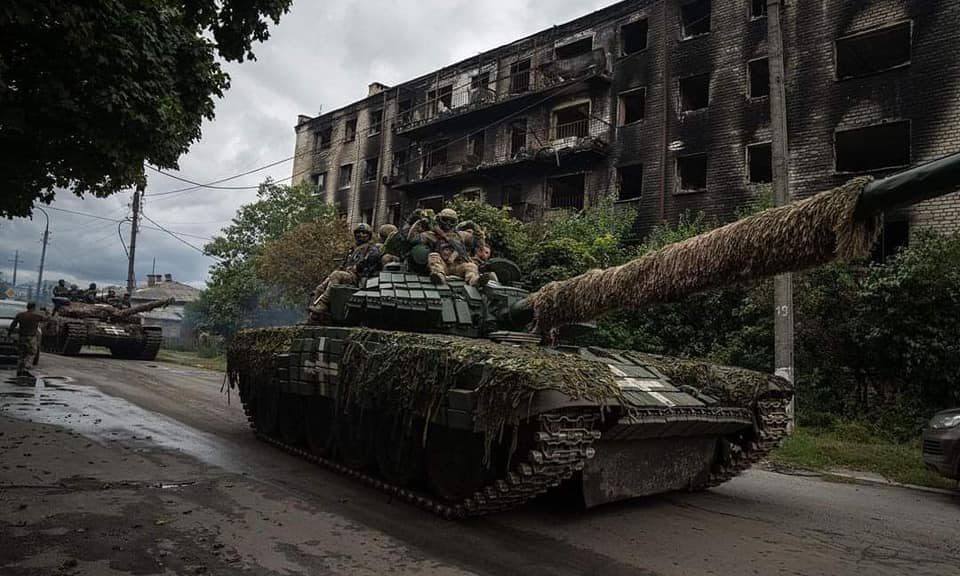Kallberg, Jan. 2023. Ukraine’s War of the Treelines. The Center for European Policy Analysis (CEPA), October 2.
Kallberg, Jan. 2023. Ukraine War Lesson No. 1 — Chatty Micromanagers Die. The Center for European Policy Analysis (CEPA), September 11.
Kallberg, Jan, and Stephen Hamilton. 2023. Command by intent can ensure command post survivability. Defense News (C4ISRNET), August 29.
Kallberg, Jan. 2023. Ukraine — Victory Is Closer Than You Think. The Center for European Policy Analysis (CEPA), August 23.
Kallberg, Jan. 2023. Junior Officers on the Battlefields of Ukraine. The Center for European Policy Analysis (CEPA), May 26.
Kallberg, Jan. 2023. NATO — The Frenemy Within. The Center for European Policy Analysis (CEPA), April 11.
Kallberg, Jan. 2023. Why Russia will lose. The Center for European Policy Analysis (CEPA), March 6.
Kallberg, Jan. 2023. After the war in Ukraine: cyber revanchism. CyberWire, February 10.
Kallberg, Jan. 2022. Leader Loss: Russian Junior Officer Casualties. The Center for European Policy Analysis (CEPA), December 23.
Kallberg, Jan. 2022. Russia’s Imperial Farce. The Center for European Policy Analysis (CEPA), December 1.
Kallberg, Jan. 2022. Russia’s Aggression Justifies Western Cyber Intervention. The Center for European Policy Analysis (CEPA), November 9.
Kallberg, Jan. 2022. Russia’s Military – Losing the Will to Fight. The Center for European Policy Analysis (CEPA), September 15.
Kallberg, Jan. 2022. The West Has Forgotten How to Keep Secrets. The Center for European Policy Analysis (CEPA), August 8.
Kallberg, Jan. 2022. Goodbye Vladivostok, Hello Hǎishēnwǎi! The Center for European Policy Analysis (CEPA), July 12.
Kallberg, Jan. 2022. Defending NATO in the High North. The Center for European Policy Analysis (CEPA), July 1.
Kallberg, Jan. 2022. Drones Will not Liberate Ukraine – but Tanks Will. The Center for European Policy Analysis (CEPA), June 24.
Kallberg, Jan. 2022. A Potemkin Military? Russia’s Over-Estimated Legions. The Center for European Policy Analysis (CEPA), May 6.
Kallberg, Jan. 2022. Russia Won’t Play the Cyber Card, Yet. The Center for European Policy Analysis (CEPA), March 30.
Kallberg, Jan. 2022. A troubling silence on Prisoners of War. The Center for European Policy Analysis (CEPA), March 22.
Kallberg, Jan. 2022. Free War: A strategy for Ukraine to resist Russia’s brutal invasion of Ukraine? 19FortyFive, March 10.
Kallberg, Jan. 2022. Too late for Russia to stop the foreign volunteer army. The Center for European Policy Analysis (CEPA), March 10.
Kallberg, Jan. 2022. An Underground Resistance Movement for Ukraine. The Center for European Policy Analysis (CEPA), March 7.


